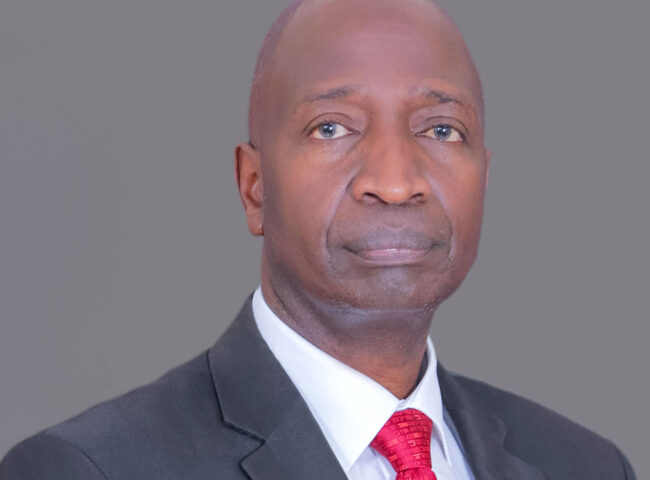Uganda’s most ambitious public works project, the 600MW power dam at Karuma falls has been stopped on its tracks. The ministry of energy has been served a notice to revisit complaints by one of the bidders for the project. The complaint was filed by lawyers for one of the parties but an anonymous brief by a “whistle blower” about the mess inside the project evaluation promises to make this an Olympic size scandal.
Read the story by Daily Monitor’s Emmanuel Gyezaho here.
I expect that a long article by the Independent’s Andrew Mwendawill lay out the following argument. That Uganda’s corruption busting institutions like the procurement regulator (PPDA) simply provide opportunities for rent seeking, delaying important projects like this dam (damn!) project. Secondly that no Ugandan public works project will be free of corruption and therefore to get a project off the ground one must reduce the paperwork a bidder has to go through and focus on the delivery of the service that this public work is meant to provide.
He may also chastise me (and Mr. Daniel Kalinaki, now the editor of the Daily Monitor) for disagreeing with him earlier about how to reduce graft on public procurements. That is because Mr. Mwenda’s argument amounted to a rejection of official oversight of government spending or basically an endorsement of official corruption on the ground that it is was inevitable.
This line is not dissimilar to some of the reactionary views in the public health sector that hold that drug addicts are victims of the punitive approaches to the problem by the criminal justice system. However seen as a disease some innovations such as providing limited access to cocaine or clean syringes to reduce the double jeopardy caused by the contraction of serious illnesses would be permitted.
Let us not get trapped in the paralysis of analysis here.
There is no doubt that the rules based procurement system meant to clean up corruption has instead abetted it by providing some civil servants a platform to negotiate with potential bidders of government works. It has also provided bidders so much room to tie up the process on the way to advancing their own company’s interests.
David Herbert and I make a case for direct procurement for large public works to reduce the contestation here. I would make a further case that the government is better off dealing with the exit checks and not the entry ones. In the case of Karuma several companies can clearly do the job perhaps including the two Chinese firms that have muddied the process so far. But since the government is interested in cheap hydropower at the end, it should create checks on performance not on the process of entry.
This would be like those free passes to bars or “complimentaries” that put faith in the ability of patrons to spend once they enter the establishment. The problem with Mwenda’s argument at the time was it amounted to throwing the baby out with the bath water. Procurement rules are an important discipline for government. They aught not to get in the way of government projects. To address them is to reduce the size of government’s own process for approving a project. The rules are not an end in themselves. The government must focus seriously on outcomes not processes.
For this I blame the obsession with “best practices” that allowed the state system to be populated with pre-packaged institutions for fighting corruption that came with the perfumed approvals of donor agencies and NGO’s. But now that the experiment has revealed its lessons it may be time to prune the procurement process to fit the Ugandan experience.
This morning lawyers for two of the companies reportedly served the Ministry of Energy with an injunction preventing the next stage of the Karuma procurement. This is basically a shakedown of the Ministry of Energy to basically say the process may go into lengthy litigation. The little I have gleaned about the Karuma process is that the ethics of Chinese firms is tailored to the mindset of Ugandan civil servants. Desiring to succeed at all costs these firms are willing to “play the game”. This is maybe a story for another day.
See is the PPDA letter referred to in the newspaper article. PPDA Karuma pg 1 PPDA karuma pg 2










